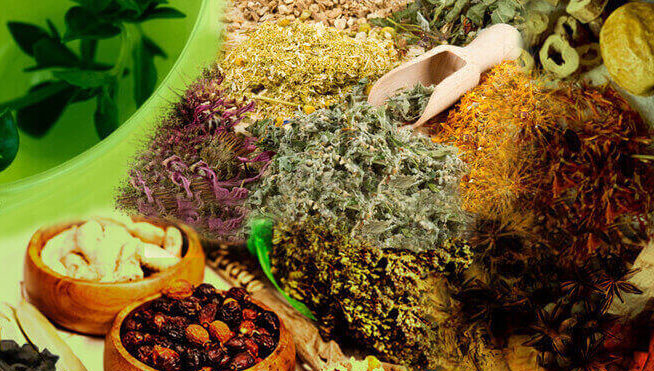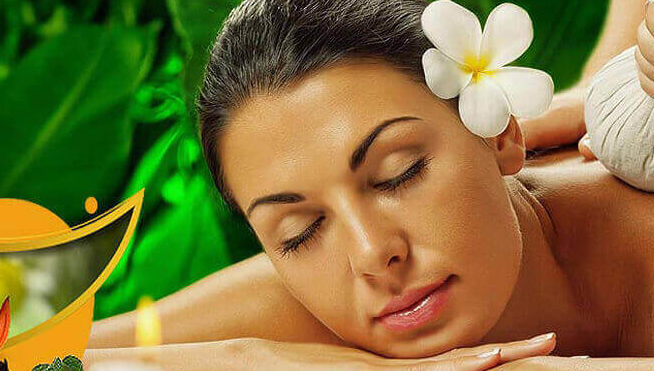




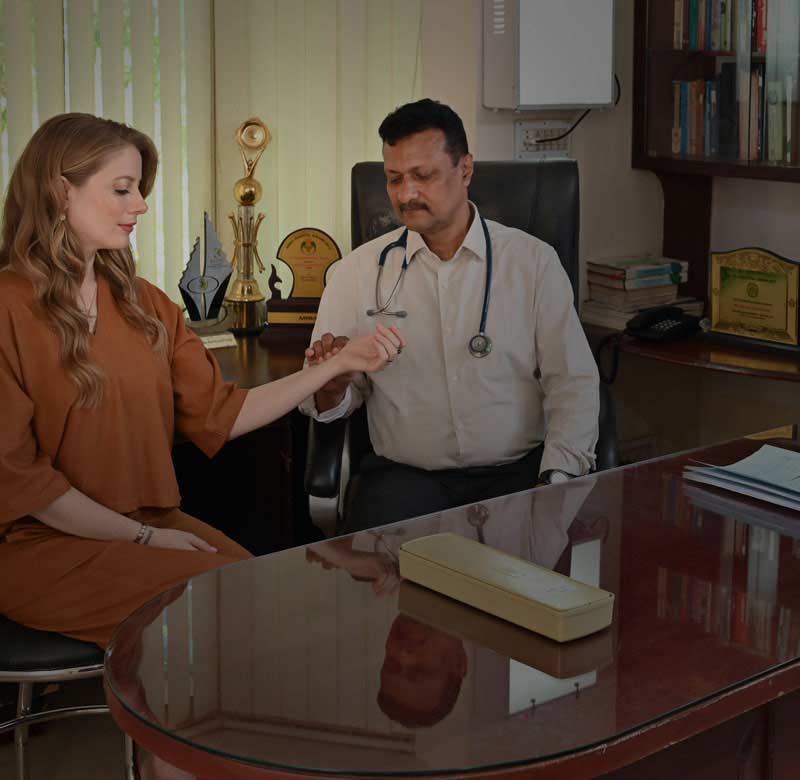

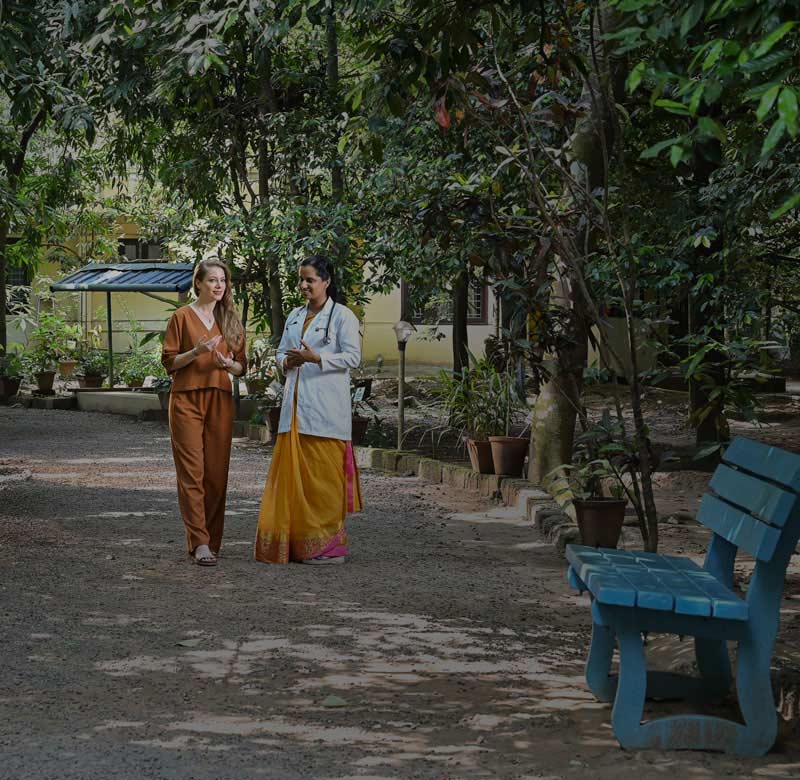
For authentic & scientific
ayurveda
Nagarjuna has developed speciality protocols
and adopted integrated and holistic approaches “to improve
the quality of life of ailing population”.
Blog

How Ayurveda Helps You Deal with Neuromuscular Diseases
Nagarjuna Ayurveda
18-09-2017
Neuromuscular diseases refer to the various afflictions of the nerves or pathologies of muscles that affect proper functioning of the body’s voluntary muscles. A person with such conditions will suffer a weakening of the muscles, which can eventually rob them away of their mobility. Pain or rigidity in the muscles may be felt, along with cramping or paralysis. There might also be trouble with breathing and issues with vision. Some of the most common neuromuscular diseases include Muscular Dystrophy, Amyotrophic Lateral Sclerosis, Polymyositis, etc. As per various estimates, neuromuscular disorders affect about 1.5 million Americans each year.
Risks of Neuromuscular Diseases
Neuromuscular diseases can be genetic and be passed down from parent to child. People suffering from autoimmune disorders also have a higher chance of developing neuromuscular diseases. Plus, if the myelin coating in the nerves weakens, then it will hinder the proper functioning of the nerves and cause such disorders. Mutations in genes also cause neuromuscular diseases. People who are exposed to various environmental chemicals and heavy metals are also at higher risk of developing such disorders. Plus, if you suffer from medical conditions like Polymyositis or Rhabdomyolysis, you have a higher chance of being afflicted with neuromuscular disorders.
Ayurvedic Treatment of Neuromuscular Diseases
People with neuromuscular diseases can apply Ayurvedic treatments for gaining relief. Generally, the traditional practice of Panchakarma is recommended for the patient. A Vamana or medicated vomiting is induced in the patient using MadanaPhala. Then Virechana Karma is done to internally cleanse the body from unwanted elements. Next, a Mamsa Rasa Basti or a YapanaBasti is carried out. This enema process further ensures that toxins from the body are completely removed. A Nasya treatment may also be conducted. Swedana or sweating treatment will also be done to relax the muscles and tone the body. The procedure is said to bring about indirect changes to the autonomic nervous system. At the end of the treatment, the person will experience a positive change in their condition.
In 2011, a study was conducted to understand how Ayurveda could be used together with Yoga to help people with neuromuscular diseases like Duchenne Muscular Dystrophy (DMD). About 10 patients underwent a strict 18-month procedure consisting of herbal liquid decoctions and herbal tablets. The study found that patients had reported an improvement in respiratory issues and ease of mobility. It concluded that Ayurvedic treatments are in fact beneficial for people with DMD.

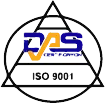

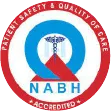

Terms of use | Privacy Policy | Contact us
Copyright © 2026. All Rights Reserved
Designed & Developed by Websoul Techserve



